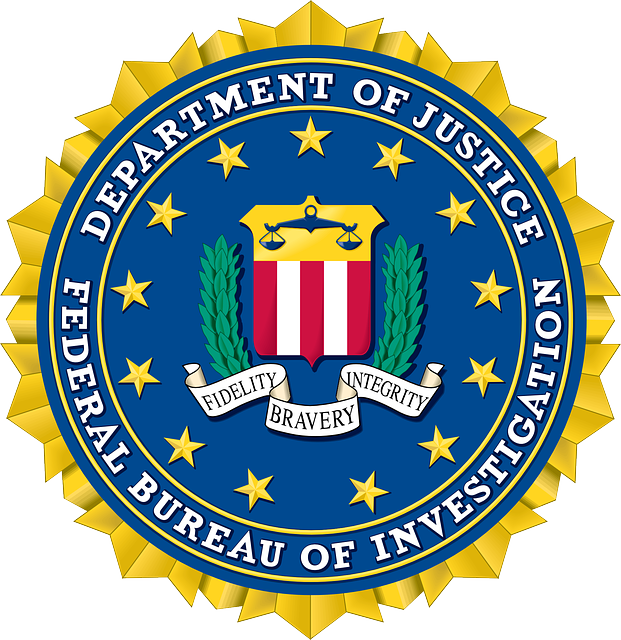Declassified documents reveal that the FBI improperly utilized a contentious surveillance method, known as Section 702 of the Foreign Intelligence Surveillance Act (FISA), to probe into Jan. 6 protesters and Black Lives Matter advocates.
This tool, which is Section 702 of FISA, authorizes the FBI to gather foreign intelligence data from non-U.S. citizens without the requirement of a warrant. However, the Bureau is prohibited from utilizing this tool for investigating U.S. residents or permanent citizens.
The released documents disclose the FBI misuse of surveillance tool executed over 278,000 unwarranted examinations of Section 702 data between 2020 and early 2021. Shockingly, over 300,000 of these searches were found to be inappropriate.
The unsuitable searches involved scrutinizing personal communications of American citizens who participated in the Capitol attack on Jan. 6 and the 2020 protests against police brutality.
Despite confirming that the issues resulting in the misuse of Section 702 data have been resolved, the FBI’s use of surveillance powers has raised eyebrows.
In response, some legislators have advocated for the FBI to be more open about its usage of Section 702 data, while others demand legal reforms to tighten the regulations and prevent misuse of the tool by the Bureau.
The exploitation of Section 702 data is a grave issue that brings into question the FBI’s capability to safeguard the privacy of American citizens while simultaneously investigating potential national security threats.
The FBI has an obligation to responsibly employ its surveillance powers. The misuse of Section 702 data serves as a reminder that the Bureau must be held accountable for its deeds.
Introduced in 1978, Section 702 of FISA empowers the FBI to collect foreign intelligence information from non-U.S. citizens without a warrant, which includes communications like emails, phone calls, and text messages.
The FBI is mandated to acquire a warrant before utilizing Section 702 data to probe into a U.S. citizen or a permanent resident. However, if the Bureau has reasonable grounds to believe that the person is an agent of a foreign power, it can use Section 702 data for investigation.
The declassified documents indicate that the FBI exploited Section 702 data in various ways. For instance, the Bureau utilized Section 702 data to probe into Americans not suspected of any criminal activities, collect data about Americans’ political engagements, and gather information regarding Americans’ communications with foreign nationals.
This improper use of Section 702 data by the FBI constitutes a severe infringement of Americans’ privacy rights and is a clear violation of the law. The Bureau must be held responsible for its deeds.
Several measures can be taken to safeguard privacy against FBI’s actions. These encompass:
- Employing robust passwords and security protocols to shield your online accounts.
- Being cautious about the information you divulge online.
- Understanding the FBI’s surveillance powers and how they could potentially be used against you.
The FBI’s exploitation of Section 702 data is a stark reminder that the government’s watchful eyes are omnipresent, highlighting the importance of taking steps to safeguard your privacy.

